We are in 2014 & The Vegan Society is now 70 years old!
Today, we want to remember Kathleen & Jack Jannaway & jump back 35 years to 1979.
Kathleen ran the The Vegan Society effectively for many years with Jack.
The catalyst which had turned Kathleen & Jack vegan, was a two page review of Ruth Harrison’s book ‘Animal Machines’ in ‘The Observer’ (in 1964). It revealed how veal calves were separated from their mothers, solitarily confined in two foot wide crates where they were unable to lie down comfortably, and denied solid food.
“At this point I realised that these calves were the surplus of the dairy industry and that the milk which nature intended for them was being fed to us. I decided to give up milk and live without any animal products there and then.” – Kathleen Jannaway
In 1979 The Vegan Society was 70/2 = 35 years old!
The HQ was Kathleen’s & Jack’s own house in the south of England.
Below we reproduce an original mimeographed letter which Kathleen had written in 1977 – but was still sending out 2 years later.
This copy was sent to friends of ours in 1979 – we keep it in our Ernest Bell Library – we have transcribed it for easier reading.
Kathleen enclosed 8+ leaflets & booklets & the book list for April of 1979 with this letter – we also still have all of those & will share them another day!
Some time after 1964 Kathleen & Jack – …….joined the Vegan Society – Kathleen was later, in 1972, to become General Secretary. During this time virtually all the Society’s literature – leaflets and booklets – were written and typed by Kathleen and illustrated and copied by Jack. Working together they made an indefatigable team.
Their Leatherhead house and garden became a venue, attended by many over the years, for meetings and garden parties to raise funds for the many concerns they were involved in. Many will remember Kathleen and Jack’s garden as the place where they came together each year with vegans from up and down the country. These meetings provided a wonderful opportunity for fellowship with kindred spirits – especially important for people who were isolated and knew no other vegans living near to them – and for vegan children to be together.
The Vegan Society’s BBC Open Door programme showed Kathleen in her garden with her compost heaps. She and Jack worked hard to make their garden into a plot that provided living proof that more people could be sustained on less land in a more self-sufficient way on a vegan diet. Mark Gold recounts that in 1996, when Kathleen was eighty-one, she was still harvesting bumper crops of which any gardener would be proud, all grown from her own vegan compost. She was particularly proud of her perfectly formed carrots, averaging 6 oz each and carrot-fly free. Stores of vegetables, fruit and protein crops such as haricot beans lay neatly packed away in sufficient quantities to provide most of the food needed to see the Jannaways through the winter. – in full here.
Photos of Kathleen borrowed from here.
Transcribed –
The Vegan Society,
47, Highlands Road,
Leatherhead, Surrey.
Dear Friend,
Thank you for your inquiry. There is now rapidly growing interest in the vegan way of life. People are realizing that the dairy industry involves even more animal suffering than meat production. Calves are taken from their mothers at birth and sent either straight to the butcher or to the veal units (5,000 calves a week are exported from England, mainly to the Dutch and French Veal units) so that their milk can be used for humans. Cows, after being subjected to continuous frustrated pregnancies, are slaughtered as soon as their milk yield drops. Most eggs come from battery systems end even free-range methods involve the slaughter of cocks (fertile eggs are necessary to produce hens but half hatch into male chicks) and of hens as soon as their profitable laying period is past. Only veganism brings release from dependence on butchery. We cannot build a more compassionate world on the foundation of the slaughterhouse.
During the last 33 years, members of the Vegan Society have shown that animal products are unnecessary for human health, that it is possible to rear happy, healthy, intelligent families and to live full and active lives to a vigorous old age on plant products only. Recently, there has been growing awareness of the hazard of dairy products as food for humans, especially with regard to heart and circulatory diseases and some cancers. Animal product free diets have been used successfully to cure infantile eczema, asthma, chronic upper respiratory infections, acne vulgaris, maturity onset diabetes, hypertension, hyperlipidemias, post-coronary thrombosis angina, ulcerative colitis, diverticulitis, migraine and hemorrhoids.
It is now being widely recognized that animal products are wasteful of the basic resources needed to feed the growing human population of the world, yet Western feeding habits (and Western type diseases) are spreading through the affluent classes in the “developing countries” thus exacerbating the situation of the poor. There is a moral obligation to check this trend by demonstrating the advantages of the vegan way.
The extensive areas of land given-over to livestock rearing (e.g. 90% of the agricultural land of England) could be used to grow trees and other crops to provide not only the materials now made from animal products and fossil fuels, but also to provide electricity, gas and liquid fuel thus rendering the development of nuclear power unnecessary.
It is difficult to change long standing habits but our recipe books will help and once the change-over has been achieved, the vegan way of eating is found to be most enjoyable as well as healthful and it can be considerably cheaper.
Yours sincerely,
Kathleen Jannaway.
Photos of Kathleen borrowed from here.
Please visit – The Movement for Compassionate Living – Kathleen & Jack’s project here.
In future posts we will share more about the Jannaways & other vegan friends who have left us.
“Most humans are locked in false inhibiting concepts: they believe that animal products are necessary for health. The opposite is true: animals yield nothing, not even fertiliser for the soil, that cannot be got more efficiently from plants. On the contrary, the second population explosion of deliberately bred animals competes with the human for plant foods and vital diminishing resources of land, water, energy, research, skills… Their increasingly cruel exploitation threatens just retribution.”
– Kathleen Jannaway – see pages 12 & 13 – here.
…………………………………………………………………………………
The Ernest Bell Library was conceived in 1934. It is still strong & very active eighty years later – its primary objectives are to: –
- Collect all of Ernest Bell’s book & non-book works and make them easily accessible to everyone.
- Collect the literature of vegetarianism and all the other humanitarian movements in which Ernest Bell was so deeply involved.
- Assist students and scholars in their research.
- Introduce all aspects of Ernest Bell’s life, including his writings, campaign work, influences and his circle of friends.
- Undertake our own research into missing aspects of Ernest Bell’s life and work.
We already have more than 300 pieces of Ernest Bell’s own writings.
We are also actively building a collection of examples of promotional material, campaign material, fundraising & marketing activities etc. – related to: –
- veg(etari)an products.
- veg(etari)an books & other publications.
- veg(etari)an organisations.
- veg(etari)an businesses.
- animal rights organisations.
- animal rights publications.
- humanitarian organisations.
- humanitarian publications.
- rambling clubs run by members of the above groups & related publications.
- the work of Richard St. Barbe Baker & the ‘Men of the Trees’ organization & its many sub-branches.
There are currently more than 2,000 items in the Ernest Bell Library.
We will complete the cataloging of the collection as & when adequate funds are available.
It is long past time for the library to go online!
“I have little doubt that the proposal for the establishment of an Ernest Bell Library, which would specialize in humanitarian and progressive literature, and so form a sort of centre for students, will meet with a wide response.”
Henry S. Salt – writing in September 1934
…………………………………………………………………………………
If anyone would like more information, please send an email to: –
humanitarianleague (at) outlook (dot) com
– or message me through HappyCow –
https://www.happycow.net/blog/author/JohnnySensible/

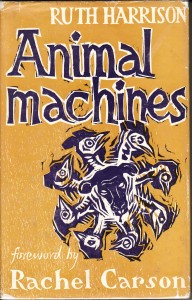
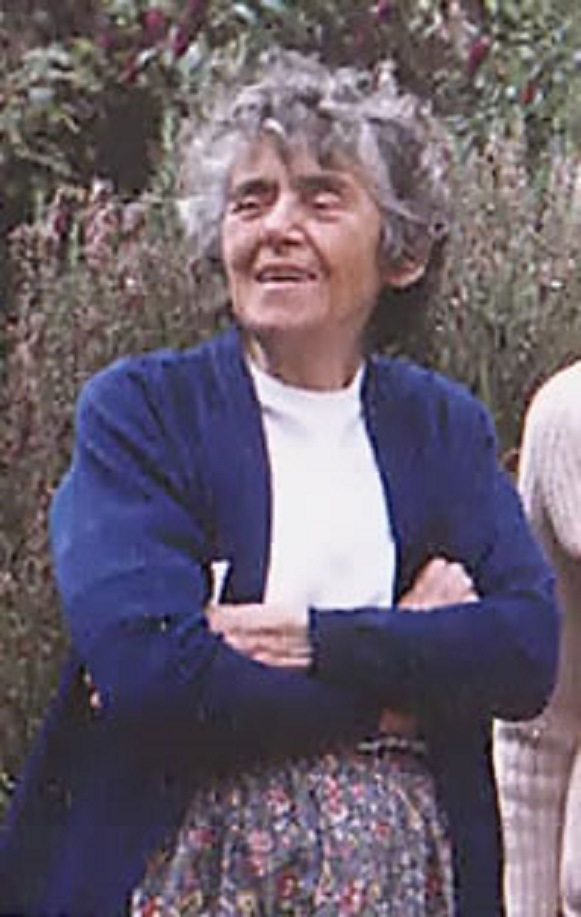


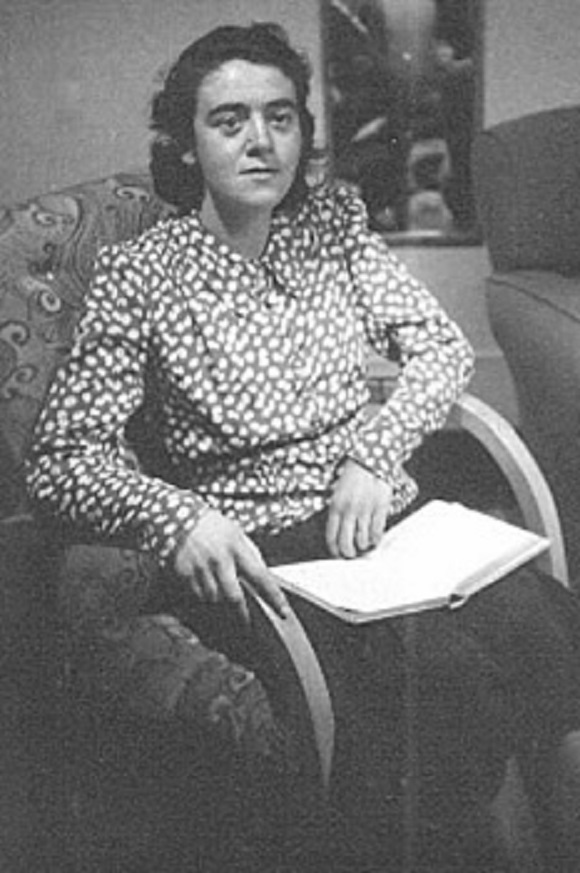


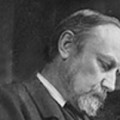
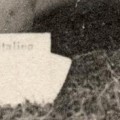
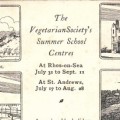
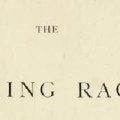
No Comments